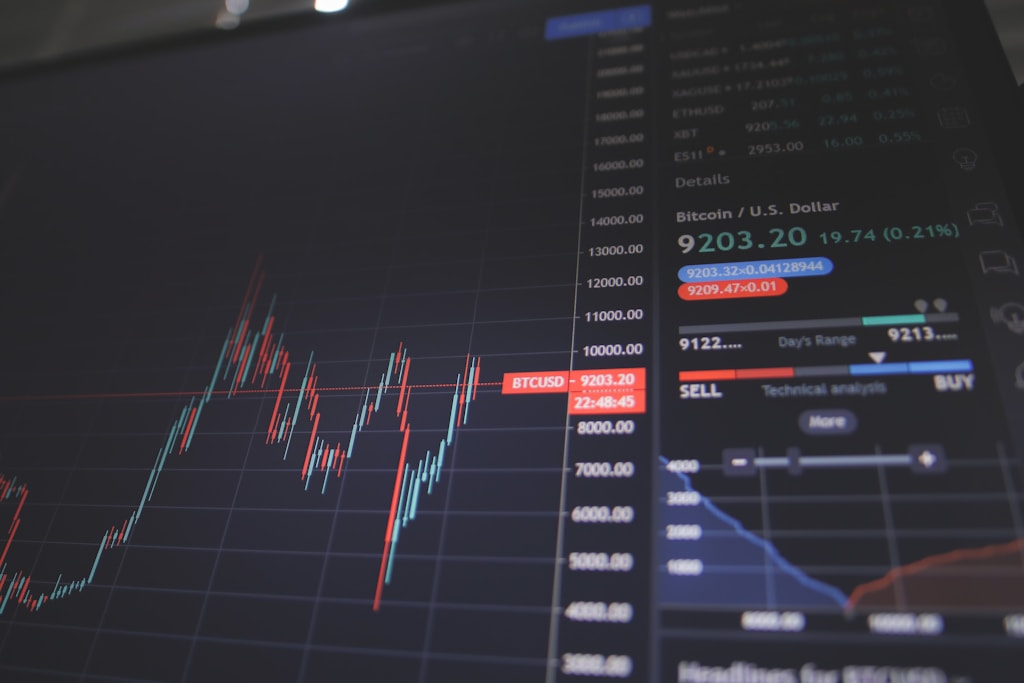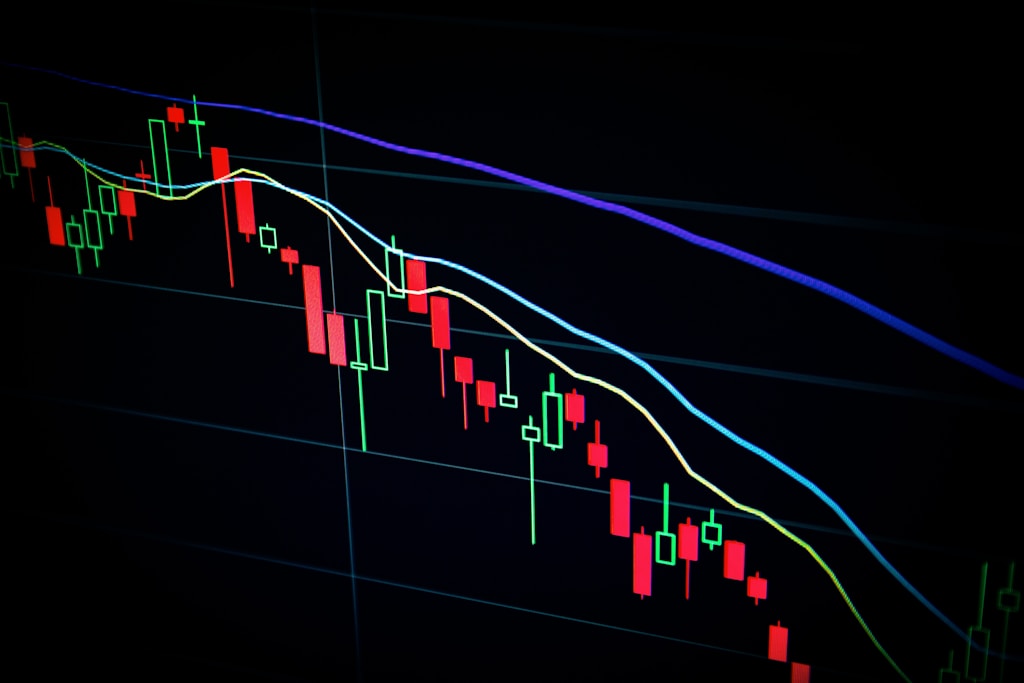Key Takeaways:
- Russia leads global movement away from USD in international trade
- Push for national currency settlements gains momentum
- Economic sovereignty drives major policy shift
Russia has dramatically accelerated its campaign to reduce dependence on the U.S. dollar in global trade, marking a significant shift in international financial dynamics. This development comes as Fed Chair signals potential dollar system vulnerabilities, adding weight to the de-dollarization narrative.
Russia’s Strategic De-Dollarization Initiative
The Russian government has intensified its efforts to establish alternative payment mechanisms and promote the use of national currencies in international trade settlements. This strategic pivot represents a direct challenge to the dollar’s longstanding dominance in global commerce.
Impact on Global Financial Markets
The move has significant implications for international trade and cryptocurrency markets, as nations seek alternatives to traditional dollar-based settlement systems. Digital assets and alternative payment networks are emerging as potential beneficiaries of this shift.
Expert Analysis and Market Outlook
Financial analysts suggest this acceleration in de-dollarization efforts could catalyze broader changes in global trade dynamics. The trend may accelerate the adoption of alternative payment systems and digital currencies.
SPONSORED
Protect your portfolio from currency volatility with up to 100x leverage on perpetual contracts
Frequently Asked Questions
- How does de-dollarization affect global trade?
De-dollarization can lead to increased use of alternative currencies and payment systems in international trade. - What are the implications for cryptocurrency markets?
The trend could boost demand for digital assets as alternative stores of value and payment methods. - How might this affect global financial stability?
The shift could lead to increased market volatility and changes in international reserve currency preferences.





